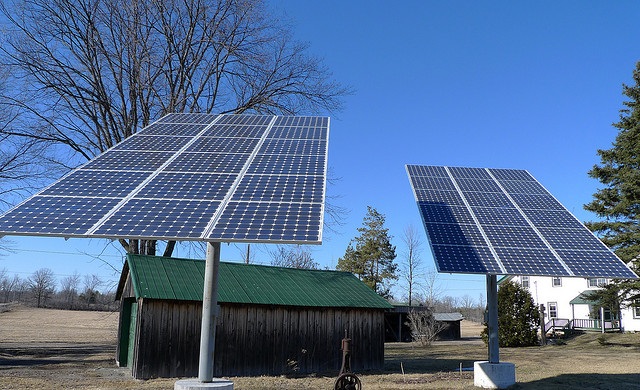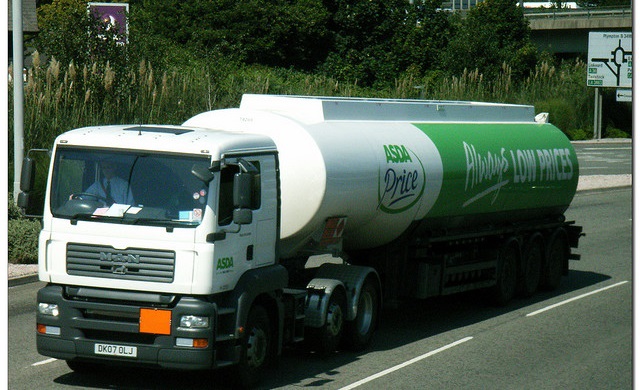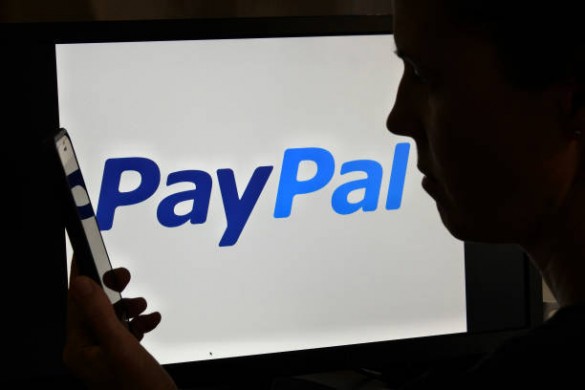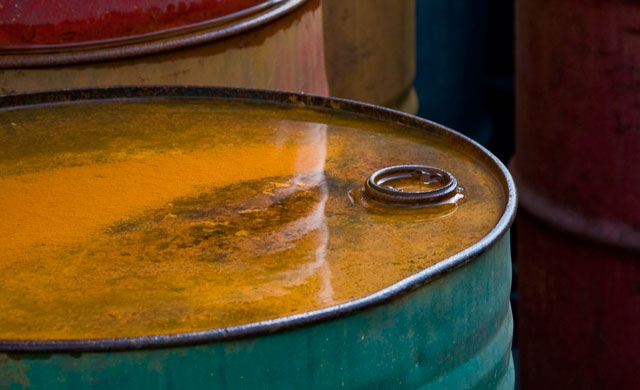Last week Dewhurst (LSE:DWHA) reported some good results with underlying profits (including profits from a subsidiary sold at yearend) up from £4.5m to £5.6m in a year of disruption caused by a major acquisition. In addition, it made a profit by selling a subsidiary for £6m more than its book value. Including these extra gains, EPS rose from 47.93p to 116.23p (after deduction of £1.8m of exceptional items). Cash sitting on the balance sheet has risen to £17m, and there is no debt.
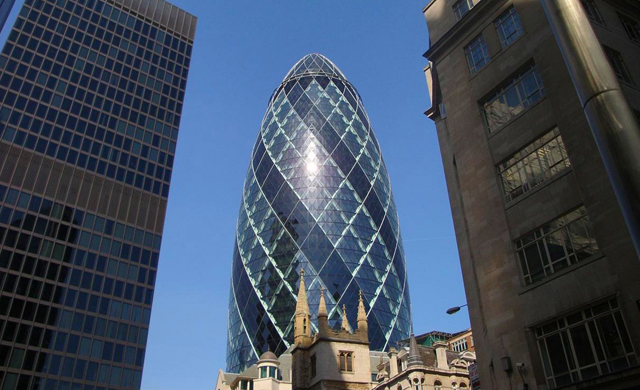
This 100-year old gem of an old-fashioned engineering company is run by the third generation of Dewhurst’s (Richard and David). They grow the business in a steady, conservative and highly professional way, often by acquiring businesses well within their circles of competence at low prices and integrating those companies properly before moving on.
I bought into the “A” non-voting shares in 2014 at £3.11, and added over the years: December 2014 at £3.75, November 2017 at £5.46, February 2019 at £5.54 and April 2019 at £5.64.
On the shares bought in April 2014 the company has paid out 61.25p in dividends. These shares are now trading at £7.50 – £8.50, and so the return on those has been 161% so far.
I started buying into this company because I figured it was a Warren Buffett style investment, meaning that it has a strong economic franchise; managers who are both competent and behave with integrity toward all shareholders; good accounting numbers, and; the shares are available at a low price relative to the facts of past earnings and a reasonable expectation of future earnings.
The question I have to ask after both a significant rise in the firm’s prospects and a significant rise in the share price is whether I should buy, sell or simply hold?
To help answer this I’ll update my April analysis incorporating the annual results to the end of September.
(Previous Newsletters on Dewhurst: 12th – 22nd Dec 2014, 15th June 2015, 14th – 17th Dec 2015, 25th – 27th July 2017, 21st, 22nd Nov 2017, 3rd – 5th Jan 2018, 20th – 24th July 2018, 235th – 30th April 2019).
A different share structure
There are 3.3m Ordinary shares carrying voting rights (the founding family own a majority of these) and 5.1m Non-voting ‘A’ shares. Thus, any overall earnings or valuation figure should be divided by 8.4m shares to derive per-share numbers.
The Ordinary shares and the ‘A’ non-voting ordinary shares rank equally in all respects pari passu except that the ‘A’ non-voting ordinary shares do not carry the right to receive notices, attend or vote at meetings of the company.
Until September 2012 the ‘A’ and the Ordinary shares were priced in the secondary market very close to each other. Then something strange happened given that the economic rights are equal – the voting shares rose a great deal more than the non-voting. Today the voting shares trade at £9.25 – £10.00 whereas the ‘A’ shares trade at £7.50 – £8.50.
Clearly the market anticipates that the controlling brothers and their families are likely to be persuaded to sell the voting shares to a raider who will then offer the non-voters a pittance.
I’ve met the brothers on a few occasions, and some years ago, I met their father, the man who did so much to build the business. I would be very surprised if they would hand it over to someone else, and even more surprised if they behaved badly toward the non-voting shareholders.
It is just not their style: they are proud of what their family has created and they would not jeopardise the future of their loyal team of staff/friends by putting them in the hands of financial players such as private equity whizz-kids.
Thus, I’m quite content to hold non-voting shares offering a higher earnings
………………To read more subscribe to my premium newsletter Deep Value Shares – click here http://newsletters.advfn.com/deepvalueshares/subscribe-1


 Hot Features
Hot Features

